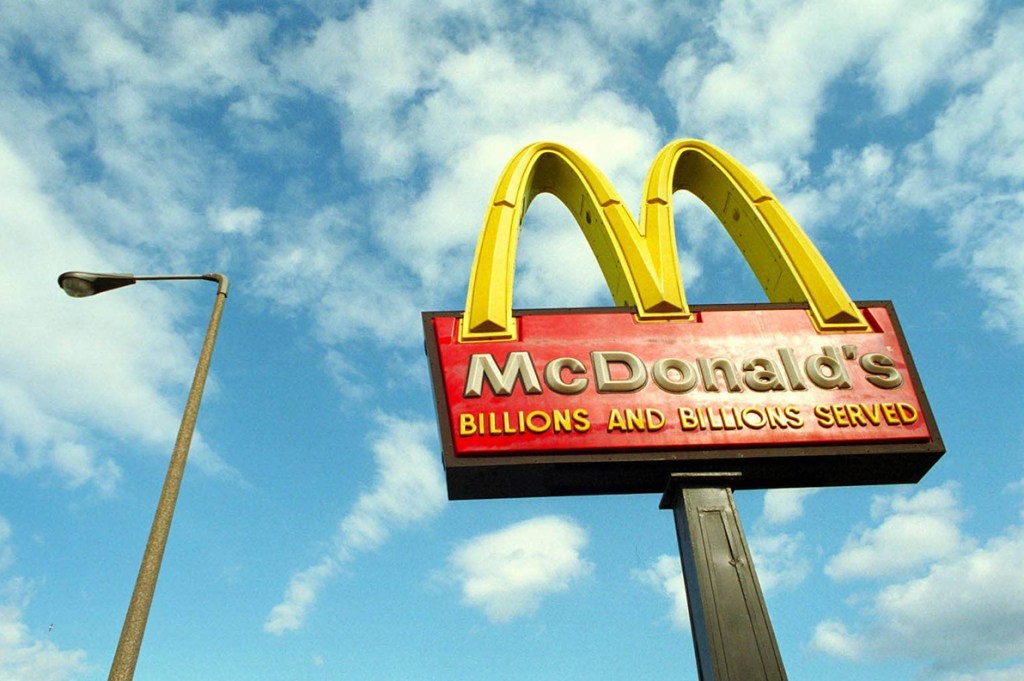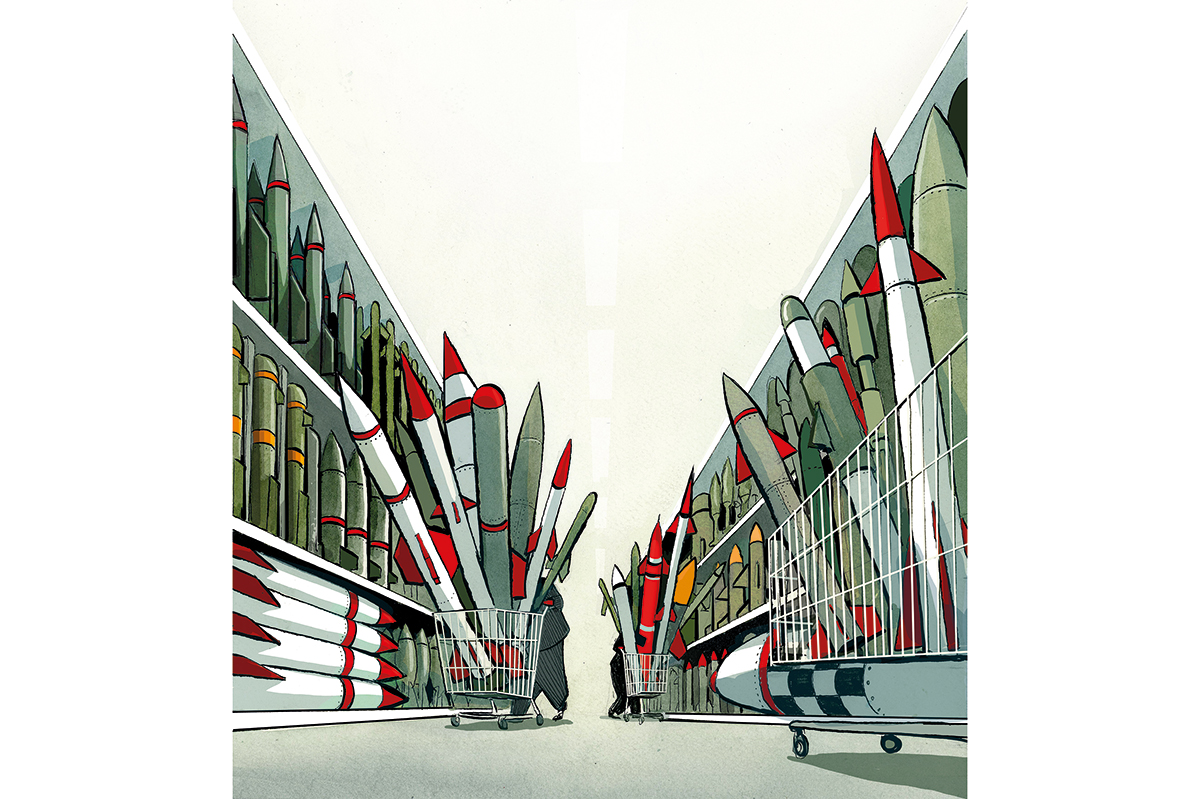Ah, well, it was a lovely idea, born of the age of liberal-democratic triumphalism that was the 1990s: the “Golden Arches theory,” which held that no two countries that had McDonald’s franchises had ever been — or would ever go — to war. Remarkably, it wasn’t the product of McDonald’s PR department but the work of New York Times columnist Thomas Friedman. He argued that the arrival of McDonald’s signified a society that had become so consumerist that enough people had enough invested in economic stability to ever risk a war.
The final nail in the coffin of the Golden Arches theory has come with the news that McDonald’s is to abandon Russia permanently. Restaurants hurriedly closed at the beginning of the Ukraine invasion — all 847 of them — will not reopen. The theory has effectively been turned on its head: it is no longer that no two countries with McDonald’s will ever go to war, but that McDonald’s won’t necessarily hang around in a country which does go to war — less an interesting observation on economics, geopolitics and philosophy than a straightforward statement that armed conflict ain’t good for the hamburger trade.
Yet in truth, the Golden Arches theory was bent to breaking point many years ago. In 1999, just three years after Friedman coined his theory, NATO began its air war on the remaining rump of Yugoslavia in the hope of ending aggression in Kosovo. The Yugoslavian capital Belgrade, it turned out, very much did have McDonald’s on its streets. Much as some attempted to argue that “Nato doesn’t have any restaurants,” it was plainly obvious that two sides, both of whom had branches of the burger chain in full operation, had ended up in direct armed conflict.
Friedman later adjusted his theory into the “Dell theory,” holding that no two countries in the computer company’s supply chain would ever go to war. Given, however, Russia’s importance in the supply of copper, aluminum, nickel and other metals to the supply chain of European electronics companies, it doesn’t look as if this theory has much in the way of legs, either. There are many advantages of living in a consumer society, but if you are trying to coin a neat theory as to how global capitalism prevents armed conflict, it’s back to the drawing board, I’m afraid.
This article was originally published on The Spectator’s UK website.

























